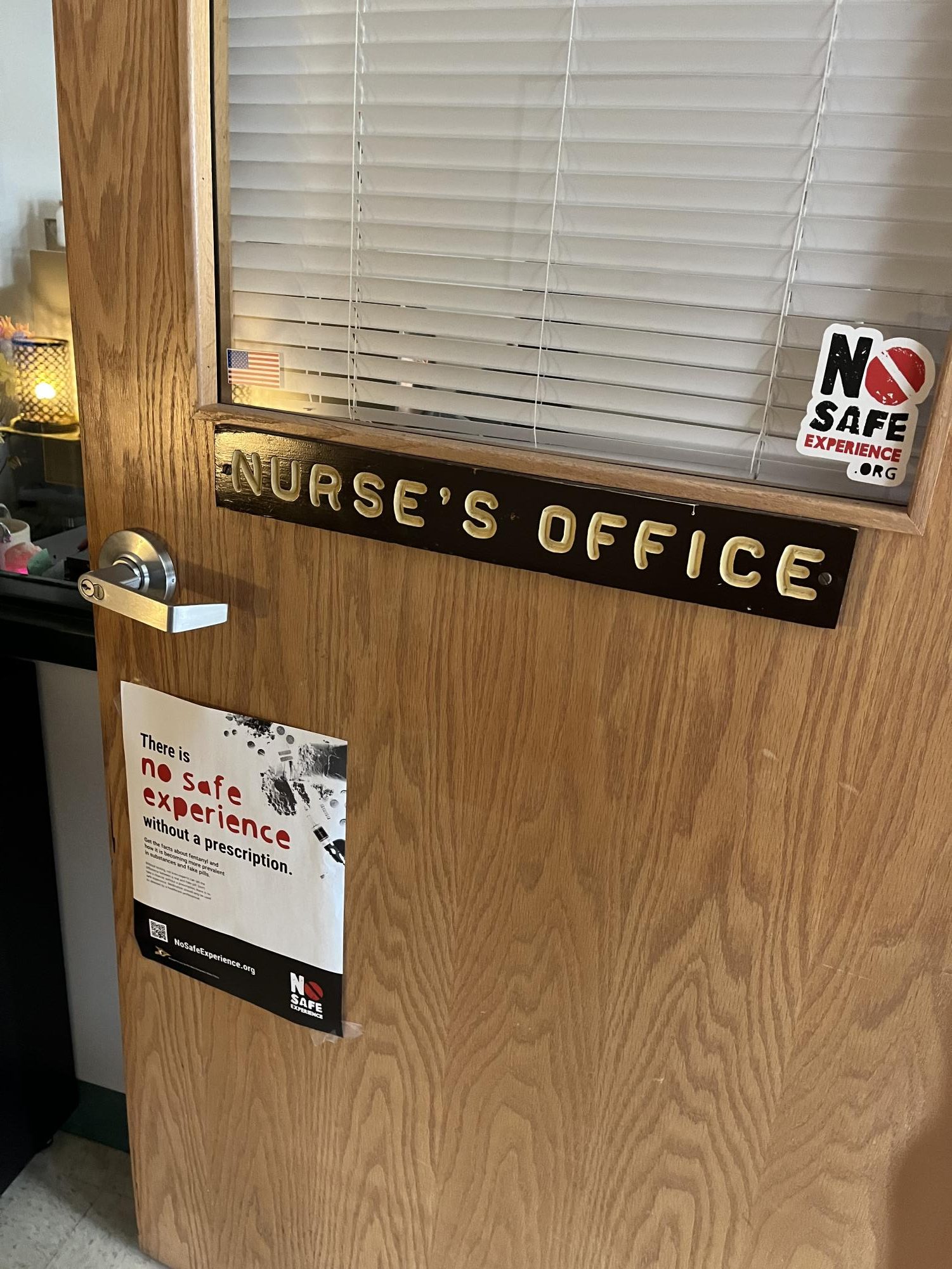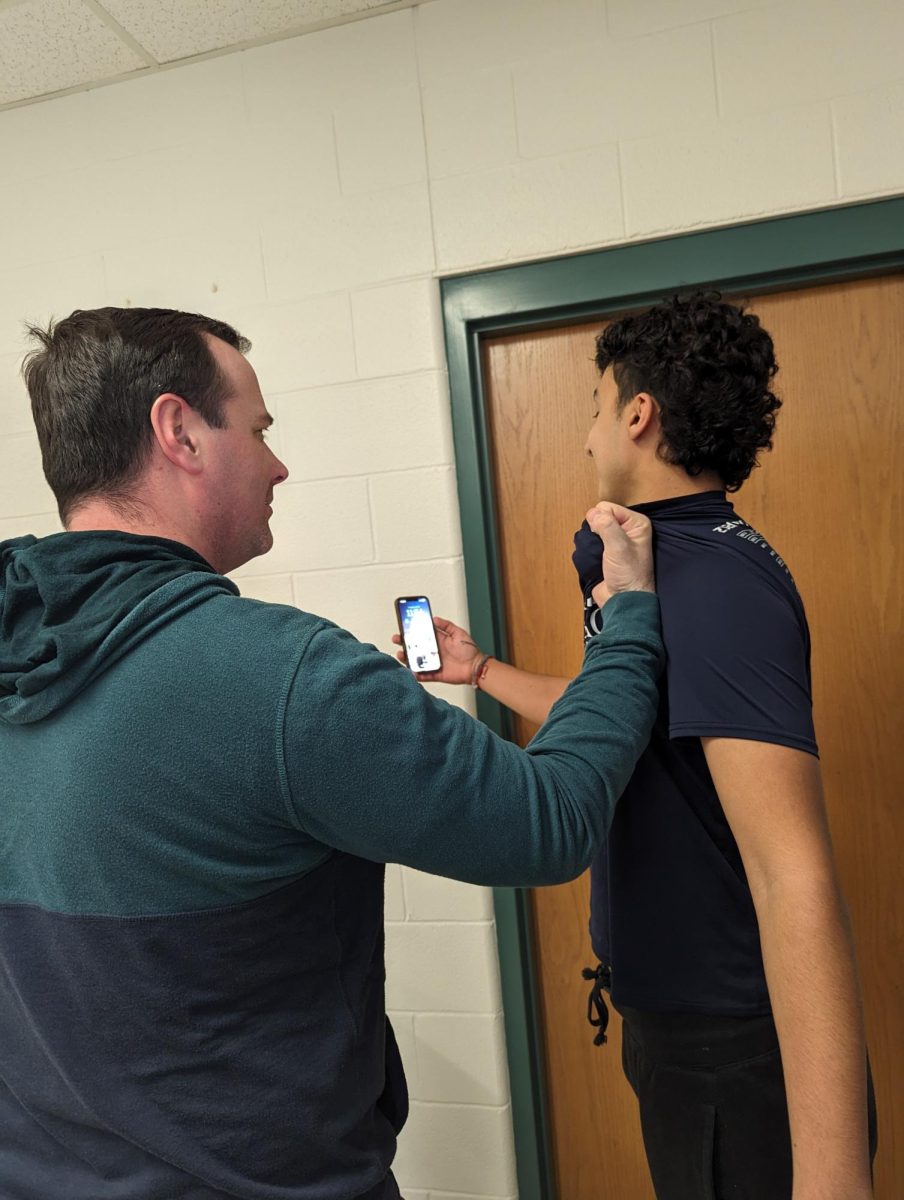An 18-year-old Licensed Nurse Assistant (LNA) knocks at a resident’s door in the retirement home at 7 a.m. She then helps the 72-year-old woman wash and dress before feeding them breakfast. These day-to-day activities are difficult for the elderly resident, and the LNA has been trained and licensed to help.
In the current healthcare system, the LNA is responsible for a lot of the heavy lifting and grunt work in nursing. However, in order to be a good LNA, it requires a good training program.
LNA Health Careers in Manchester prepares students for being successful as an LNA , as well as offering many other programs in LPN, phlebotomy and MNA.
The LNA course, however, is the most popular course at the school.
The course has a 99% graduation rate, and the students are required to complete 110-130 hours of online and in-person training and two weeks of clinical practice at a long-term care facility.
LNAs are often employed at long-term care facilities, but can also be seen in hospitals, home health settings and schools.
PA employs an LNA to help Ms. Tessler, the school nurse.
The LNA’s name is Ms. Katie Russell, and she received her license several years ago through LNA Health Careers. She is responsible for a number of tasks in the nurse’s office, including keeping student immunization records updated, sports physicals, administering medication and updating student log visits.
While LNA’s work hard in any setting, the hospital can be extremely demanding. Ms. Russell said she worked for 8 years at Concord Hospital before coming to PA. “I was working 12 hour overnight shifts,” said Mrs. Russell. “ I couldn’t teach my kids anything if I didn’t know where I was.”
Concord Regional Technical Center (CRTC) also has a program for second-year health science students to earn their LNA. The health science class is year-long, but the second semester is dedicated to in-class instruction and after school clinicals.
CRTC students have the advantage of getting high school credit for their course. These students also pay much less than an outside program. They will pay roughly $300, while LNA Health Careers tuition is $2,200.
There are many programs in New Hampshire that offer classes for people interested in becoming an LNA, but LNA Health Careers provides a quality of education close to home.









![Mme. Cauley instructs her French I class, something she said was "probably in [her] genes."](https://spartansspeak.sau53.org/wp-content/uploads/2024/01/cauley-e1704388201936-900x1200.jpg)